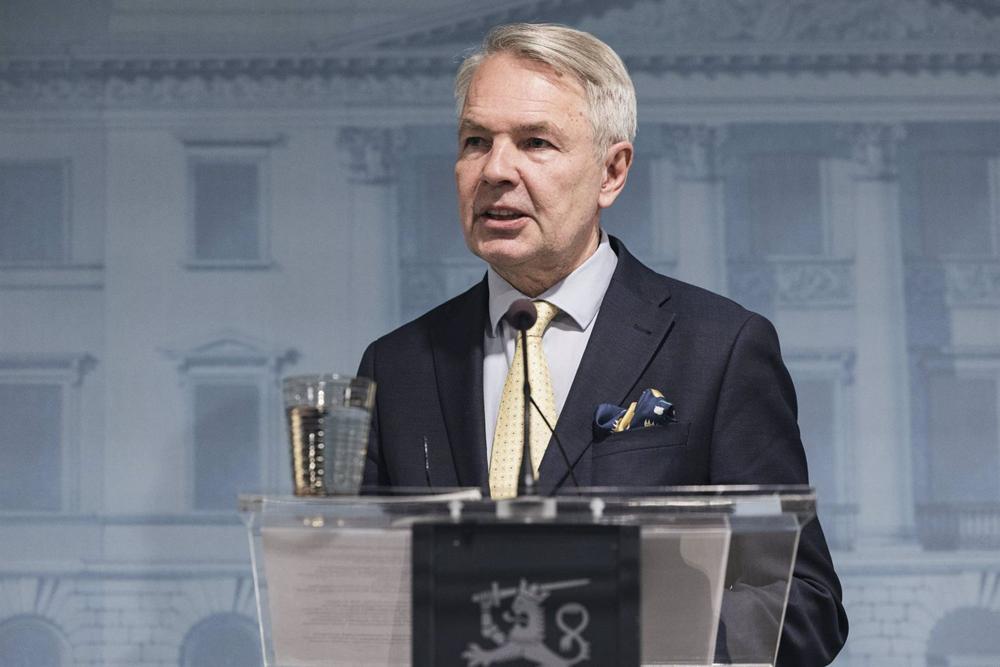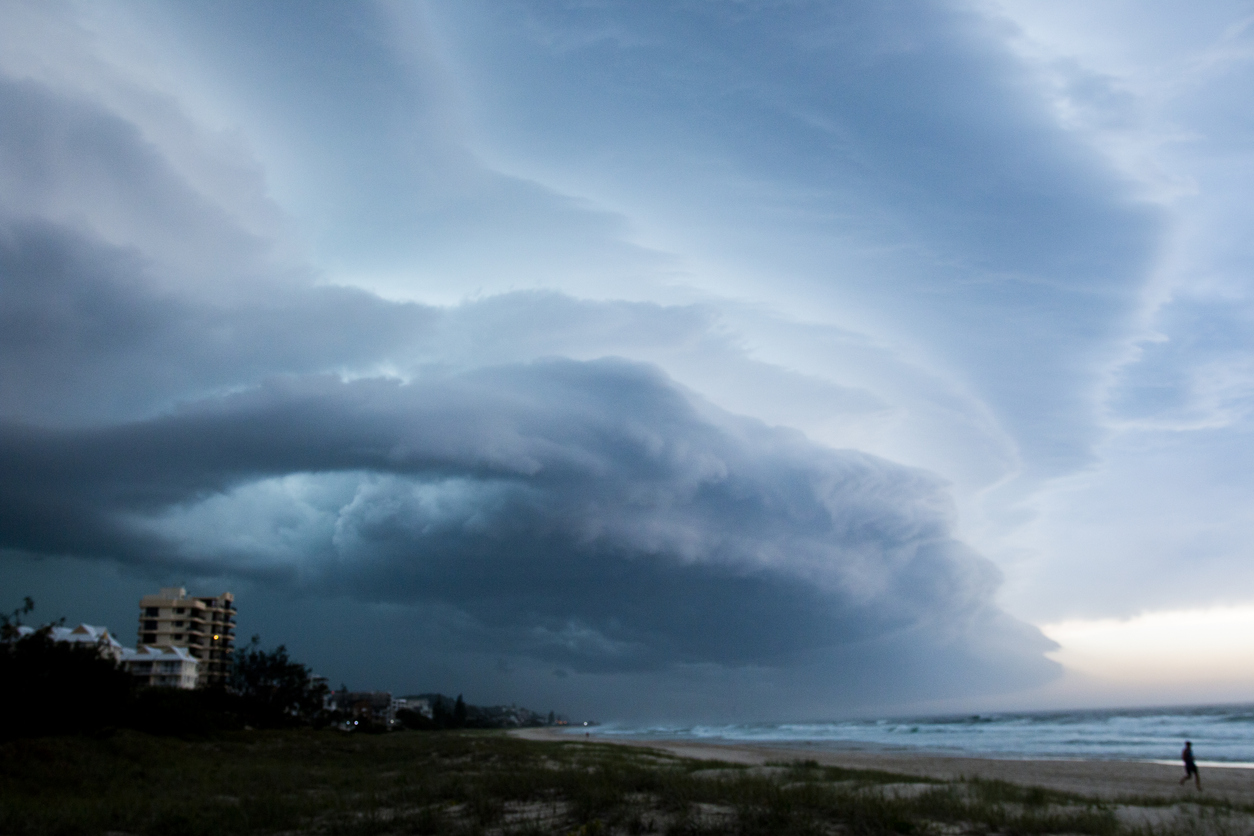
Finland’s government said Tuesday that it could consider NATO membership without Sweden, after Turkey showed its reluctance to Stockholm’s entry into the Atlantic Alliance following last week’s burning of a Koran during a demonstration.
Finnish Foreign Minister Pekka Haavisto has indicated that both countries should rethink the strategy of moving forward together if necessary. «We have to be prepared to reassess the situation,» he told Finnish public broadcaster Yle.
He also stressed that «it is too early» to determine whether «something has happened that would prevent Sweden’s application in the long term», while stressing that «from the security perspective of both countries, (NATO membership) is clearly the first option».
Haavisto himself stressed that he has had «a good conversation» with NATO Secretary General Jens Stoltenberg to discuss the accession process for both countries. «Our cooperation with NATO is closer than ever,» he extolled, according to a brief message from the Finnish Foreign Ministry on its official account on the social network Twitter.
The minister will begin an official visit to Estonia and Latvia on Wednesday to address the Russian invasion in Ukraine and Finland’s NATO accession process. «It is useful to meet with our close partners and exchange views on security policy issues. Finland, Estonia and Latvia will stress the need to maintain strong support for Ukraine,» he has argued.
Haavisto’s remarks came after the United States signaled on Monday that Finland and Sweden are ready to join NATO. However, Turkey’s President Recep Tayyip Erdogan argued that Stockholm should not expect his country’s support for membership over the recent burning of a Quran during a demonstration in the Swedish capital.
Sweden and Finland depend on the approval of the 30 member states of the Atlantic Alliance to join, but so far they only have the approval of 28 — in addition to Turkey, Hungary has yet to complete the formalities. The Turkish authorities have demanded from those of the Nordic countries more commitments in the persecution of Kurdish groups catalogued as terrorists by Ankara.
Source: (EUROPA PRESS)






